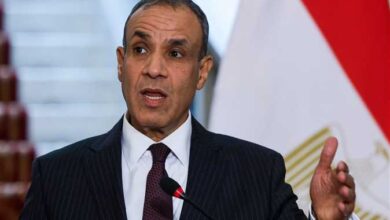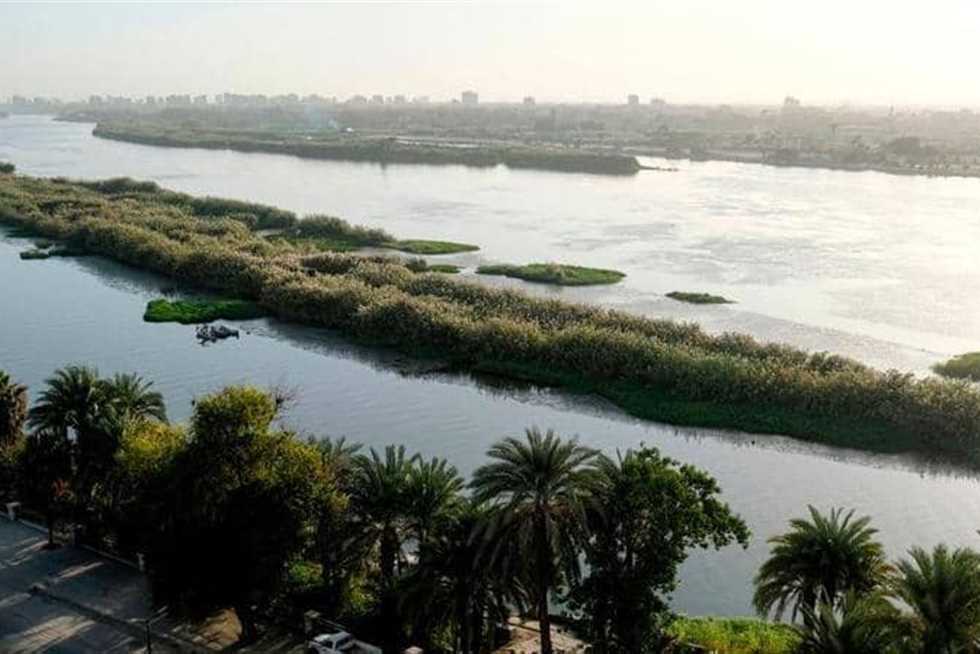At a meeting with President Hosni Mubarak on Sunday, Burundian presidential adviser Mohammad Rokara said his country would never take a position that conflicted with Egypt's interests.
His statement came in response to a question about his country’s stance on a proposed water-sharing agreement sought by some Nile Basin states. Burundi, a Nile Basin country, has not yet agreed to sign the deal.
Rokara reiterated his country’s ongoing support for Egypt, expressing hope that the upcoming period would see comprehensive dialogue between all parties to the longstanding dispute over Nile water, through which the parties might arrive at a unified position.
He stressed that Egypt had never stood against any African states, pointing out that Egypt had traditionally transferred its technical expertise to sister African nations. He went on to cite Egypt’s long history in support of anti-colonialist movements throughout the continent.
The message carried by Rokara from Burundian President Pierre Nkurunziza to Mubarak focused mainly on bilateral relations. It also expressed appreciation for past Egyptian assistance and contributions to African countries.
The message also tackled the situation in the Africa arena, a subject that is expected to be discussed during Nkurunziza’s upcoming visit to Egypt, according to Rokara.
In 1929, imperial Britain, representing a number of Nile Basin countries, signed a deal with the Egyptian government for the distribution of Nile water. The terms of the treaty granted Egypt 55.5 billion square meters of water annually, out of the 84 billion flowing through Sudan.
Nile Basin countries, with growing populations and increasing demands for water, have challenged the validity of the agreement. They want to see the deal replaced with a more equitable system of water distribution. Both Egypt and Sudan, however, have rejected any reduction of their historical share of Nile water.
In May, five Nile Basin states–Tanzania, Ethiopia, Rwanda, Uganda and Kenya–signed a framework agreement in Entebbe, Uganda calling for the modification of historical water quotas. Egypt and Sudan both rejected the new treaty.



